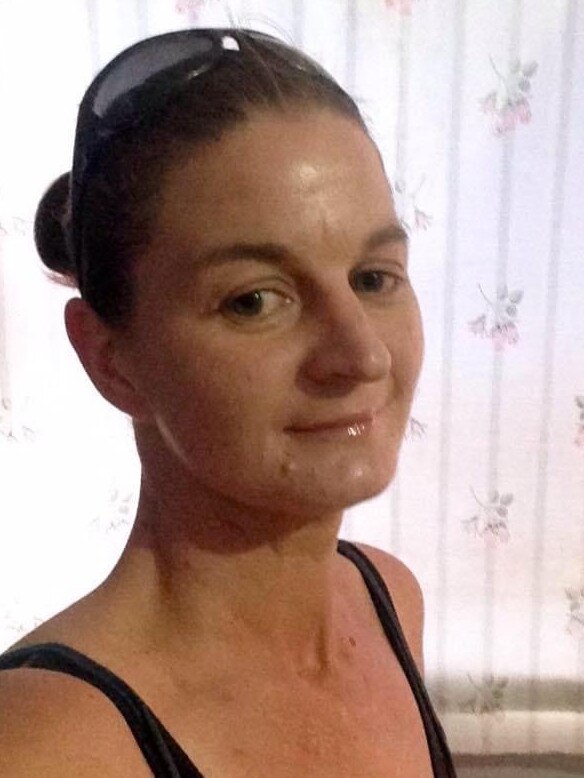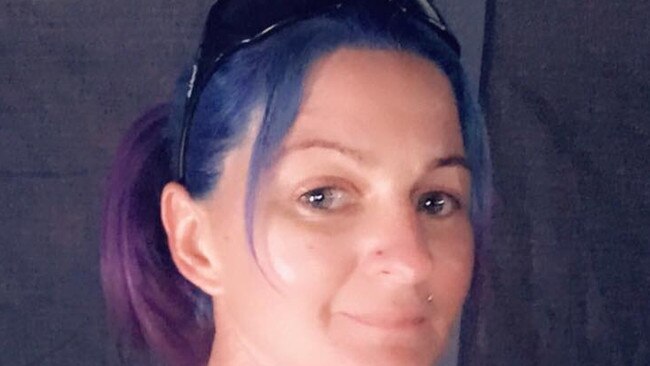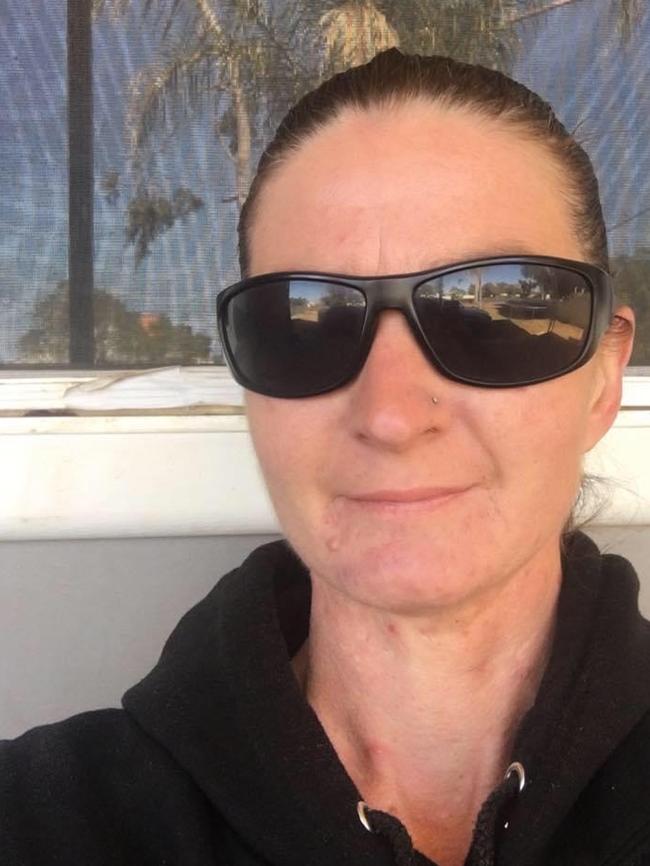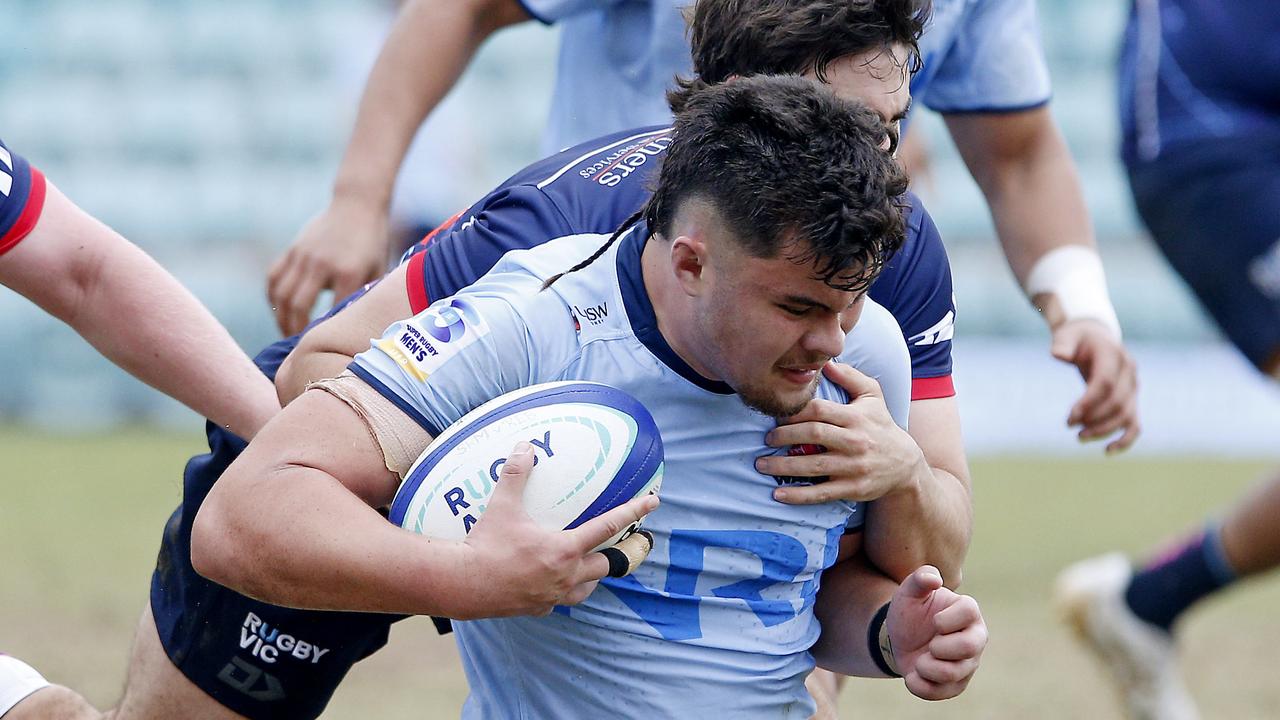Rachel Enright: Nyngan drug dealer sentenced for ice crimes
The mother of a desperate drug dealer who sold ice across western NSW has appeared in court as part of a last ditch bid to keep her daughter out of jail.

Dubbo News
Don't miss out on the headlines from Dubbo News. Followed categories will be added to My News.
A Nyngan drug dealer has been spared time behind bars after a court heard she was a mentally ill domestic violence victim and her mother gave evidence in support of her.
Rachel Maree Enright, 34, was caught with 13.62 grams of methylamphetamine on February 17 last year when police pulled her up on Wheelers Lane in Dubbo.

In court documents police said before Enright admitted the ice was hers, she tried to hide it in her underpants and claimed it belonged to someone else.
DNA evidence obtained by police revealed no one else, except Enright, had touched the bag the ice was found in.
In the months leading up to the Wheelers Lane saga, police said taps of Enright’s phone were carried out as part of a separate Strike Force investigation into break and enters and firearm crimes on rural properties.
Police said the taps revealed Enright was an ice dealer who had sold 30.75 grams of the drug to various customers across western NSW who would deposit money into her Commonwealth Bank account in exchange for the drug.
Enright’s home in Nyngan was raided by police after she was caught with the ice in Dubbo and during the search police said more ice was found inside a purse in the laundry.

She was charged with two counts of supplying a prohibited drug and one count of dealing with $250 in proceeds of crime found during the search of the home.
After pleading guilty Enright appeared in the District Court at Dubbo for sentencing proceedings which concluded on Monday.
Before Enright was sentenced, her mother Julie Enright gave evidence.
“In the 12 months she’s been with us nothing has been happening … no drugs at all,” Mrs Enright Snr said.
“We’re there for her.”
Defence lawyer Jai Silkman said Enright had been the victim of domestic violence and was diagnosed with depression and anxiety.

Mr Silkman suggested the domestic violence led to the mental ill health which led to the drug use and need to sell drugs to pay for the habit.
“Had it not been for the domestic violence she may never have turned to drugs,” he said.
Prosecutor Jonathan May said a full-time jail sentence was the punishment Enright deserved to be handed.
“The ex-boyfriend was out of the picture when she was doing all this,” Mr May told the court.
Judge Nanette Williams convicted Enright and sentenced her to a three-year term of imprisonment which was to be served in the community in the form of an intensive corrections order (ICO).
As part of the ICO Enright must undertake 100 hours of community service work, abstain from drug use and comply with a curfew for six months, which prevents her from leaving home between 8pm and 8am when she is not working.



